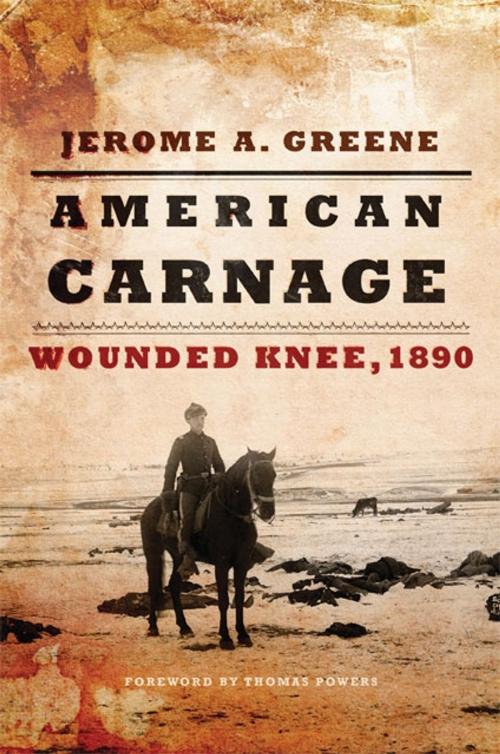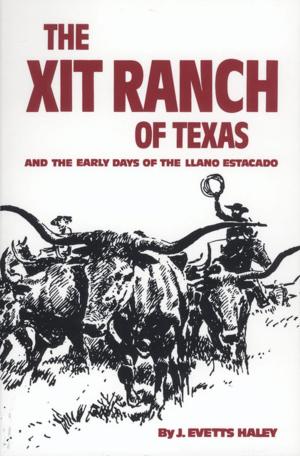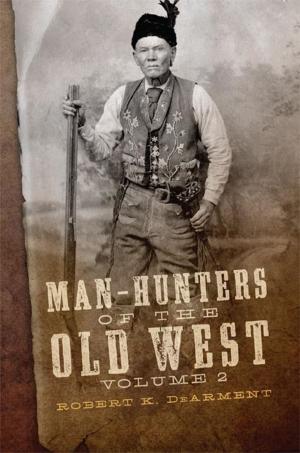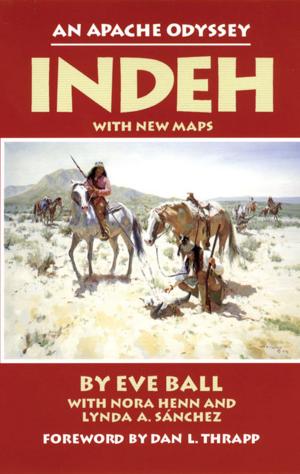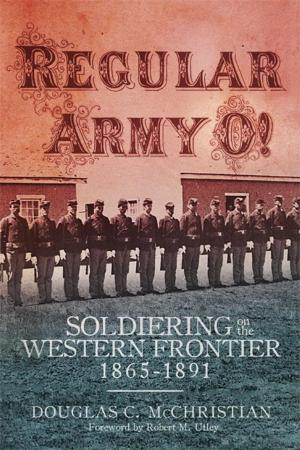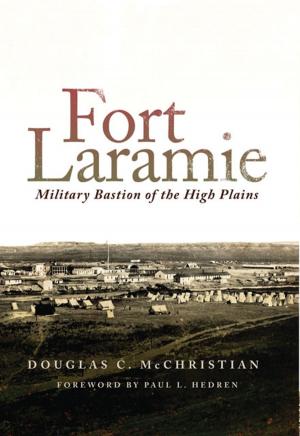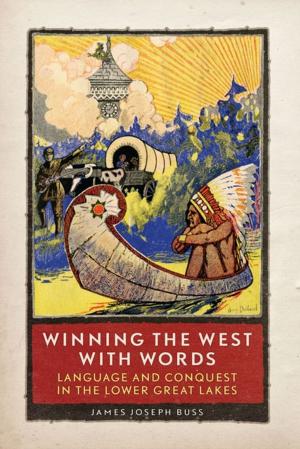American Carnage
Wounded Knee, 1890
Nonfiction, History, Americas, Native American, United States, 19th Century, Military| Author: | Jerome A. Greene | ISBN: | 9780806145501 |
| Publisher: | University of Oklahoma Press | Publication: | April 11, 2014 |
| Imprint: | University of Oklahoma Press | Language: | English |
| Author: | Jerome A. Greene |
| ISBN: | 9780806145501 |
| Publisher: | University of Oklahoma Press |
| Publication: | April 11, 2014 |
| Imprint: | University of Oklahoma Press |
| Language: | English |
As the year 1890 wound to a close, a band of more than three hundred Lakota Sioux Indians led by Chief Big Foot made their way toward South Dakota’s Pine Ridge Reservation to join other Lakotas seeking peace. Fearing that Big Foot’s band was headed instead to join “hostile” Lakotas, U.S. troops surrounded the group on Wounded Knee Creek. Tensions mounted, and on the morning of December 29, as the Lakotas prepared to give up their arms, disaster struck. Accounts vary on what triggered the violence as Indians and soldiers unleashed thunderous gunfire at each other, but the consequences were horrific: some 200 innocent Lakota men, women, and children were slaughtered. *American Carnage—*the first comprehensive account of Wounded Knee to appear in more than fifty years—explores the complex events preceding the tragedy, the killings, and their troubled legacy.
In this gripping tale, Jerome A. Greene—renowned specialist on the Indian wars—explores why the bloody engagement happened and demonstrates how it became a brutal massacre. Drawing on a wealth of sources, including previously unknown testimonies, Greene examines the events from both Native and non-Native perspectives, explaining the significance of treaties, white settlement, political disputes, and the Ghost Dance as influential factors in what eventually took place. He addresses controversial questions: Was the action premeditated? Was the Seventh Cavalry motivated by revenge after its humiliating defeat at the Battle of the Little Bighorn? Should soldiers have received Medals of Honor? He also recounts the futile efforts of Lakota survivors and their descendants to gain recognition for their terrible losses.
Epic in scope and poignant in its recounting of human suffering, American Carnage presents the reality—and denial—of our nation’s last frontier massacre. It will leave an indelible mark on our understanding of American history.
As the year 1890 wound to a close, a band of more than three hundred Lakota Sioux Indians led by Chief Big Foot made their way toward South Dakota’s Pine Ridge Reservation to join other Lakotas seeking peace. Fearing that Big Foot’s band was headed instead to join “hostile” Lakotas, U.S. troops surrounded the group on Wounded Knee Creek. Tensions mounted, and on the morning of December 29, as the Lakotas prepared to give up their arms, disaster struck. Accounts vary on what triggered the violence as Indians and soldiers unleashed thunderous gunfire at each other, but the consequences were horrific: some 200 innocent Lakota men, women, and children were slaughtered. *American Carnage—*the first comprehensive account of Wounded Knee to appear in more than fifty years—explores the complex events preceding the tragedy, the killings, and their troubled legacy.
In this gripping tale, Jerome A. Greene—renowned specialist on the Indian wars—explores why the bloody engagement happened and demonstrates how it became a brutal massacre. Drawing on a wealth of sources, including previously unknown testimonies, Greene examines the events from both Native and non-Native perspectives, explaining the significance of treaties, white settlement, political disputes, and the Ghost Dance as influential factors in what eventually took place. He addresses controversial questions: Was the action premeditated? Was the Seventh Cavalry motivated by revenge after its humiliating defeat at the Battle of the Little Bighorn? Should soldiers have received Medals of Honor? He also recounts the futile efforts of Lakota survivors and their descendants to gain recognition for their terrible losses.
Epic in scope and poignant in its recounting of human suffering, American Carnage presents the reality—and denial—of our nation’s last frontier massacre. It will leave an indelible mark on our understanding of American history.
